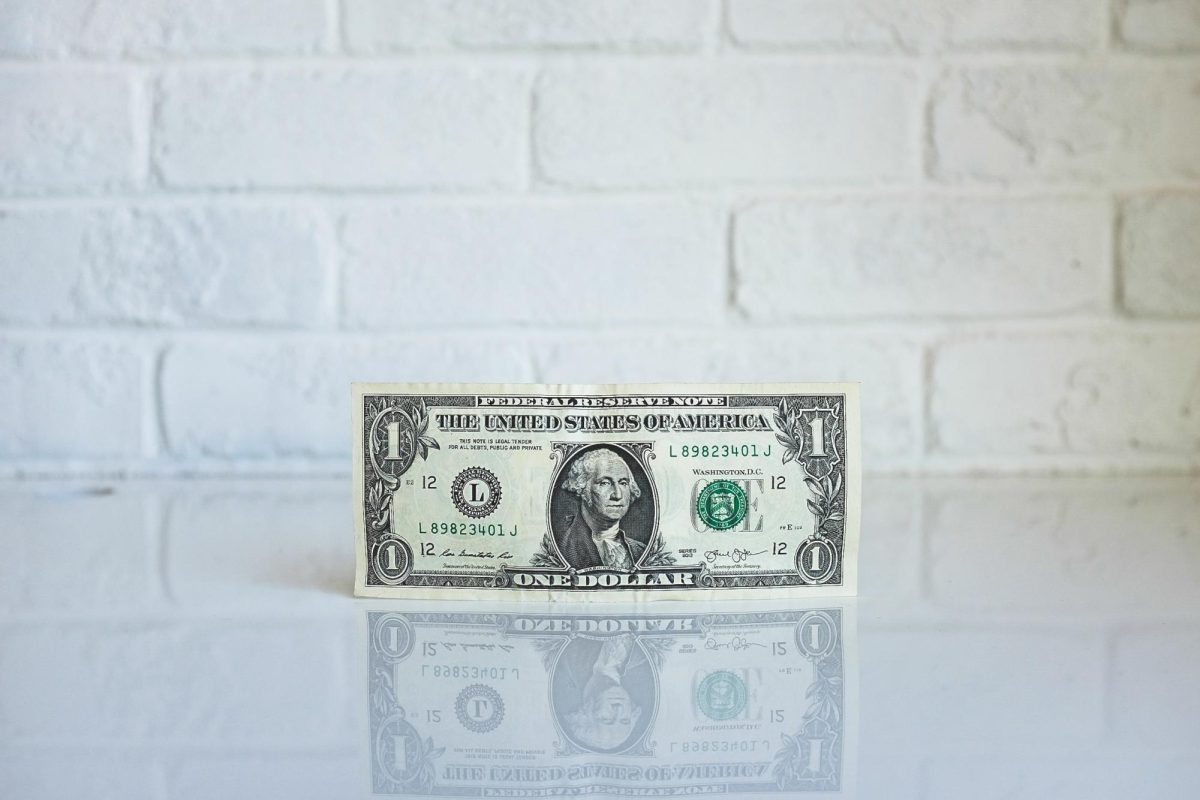The American economic system has remained a widely debated topic since the 1700s when capitalism emerged across the nation. Well, I challenge that. I see a simple answer: the capitalistic American economic system should and will be here to stay.
In the United States, we have a free market economic system.
According to “Economics” written by Arthur O’Sullivan Ph.D, and Steven Sheffrin Ph.D, a free market economy allows individuals, or the private sector, to answer to three main questions: what to produce, how to produce it, and who consumes it. Businesses can decide the answers to these questions and practice capitalism but with some government regulations.
Many people, even within my friend circle, complain about what our economic policy is in America and how we need to fix it. On one side, people complain that we need more government action in our economy and a move toward socialism while others complain that the government holds too much power in the economy and we need to shift to true capitalism. Here is why both arguments would fail.
According to National Geographic, Socialism is a political and economic system wherein property and resources are owned in common or by the state. The effect of this system, in theory, is to create an equal share of resources and wealth.
While it sounds great, this type of government can lead to a hyper-centralized government. If a power-hungry politician in the U.S. vies for power, runs for president, and wins during or after the move to socialism, a dictatorship could occur.
According to The Policy Circle, Venezuela is an example of a country that failed its people because of socialism.
Now, Venezuela is and has been a socialist dictatorship, and is the worst-case scenario of what can happen to the people in a socialist economy controlled by one person.
Hugo Chavez was elected in 1998 in Venezuela under the promises of the Bolivarian Revolution.
The Bolivarian Revolution was a plan in Venezuela to enact over 30 social programs to help eradicate poverty and to try to guarantee “essential rights” such as health care and education, to the people of Venezuela.
But, all of these social programs and limitations on the economic freedom of citizens helped lead to the dismantlement of the Venezuelan economy. Price controls, industry nationalization, and expropriation of private property also led to companies not being profitable in Venezuela, leading businesses to leave the country.
According to Statista, Venezuela currently has the world’s highest inflation rate at an estimated 360 percent with it being as high as 65,374.08 percent in 2018.
Now, many countries in Europe, and closer to home in Canada aren’t fully socialist but are more government-centralized than the U.S. These countries are successful, but what I am writing about is the worst possible scenario that could play out in the U.S. if we move to socialism.
The other side of this argument is full-out capitalism.
Many Americans believe that we live in a fully capitalist society. I have news for them: they are wrong.
As I said before, we live in a country with a free market economic system. Basically, capitalism, with some regulations to, in theory, protect workers.
Those regulations include antitrust laws, labor laws, minimum wages, and anti-discrimination laws. These laws are what make America so extraordinary to live and work in. As a working American, you have to be safe at work, with a minimum rate to be paid (in CT, $15 an hour), and in a workplace with no discrimination.
A full-out capitalist America could not have those laws. Think of the U.S. without those laws. You could work in unsafe conditions for pennies an hour.
So, full capitalism doesn’t work as businesses need to be somewhat regulated.
Overall, our free market system in the U.S. is the system we need: a mostly capitalist society with some business regulation and a plethora of social programs, which we pay into. This type of system allows for innovation from competition with ideas and products. This leads to companies producing quality products at reasonable prices. A free market system keeps Americans free from paying a huge amount of taxes, keeps citizens away from hyperinflation, and makes sure the private sector doesn’t take advantage of workers.






